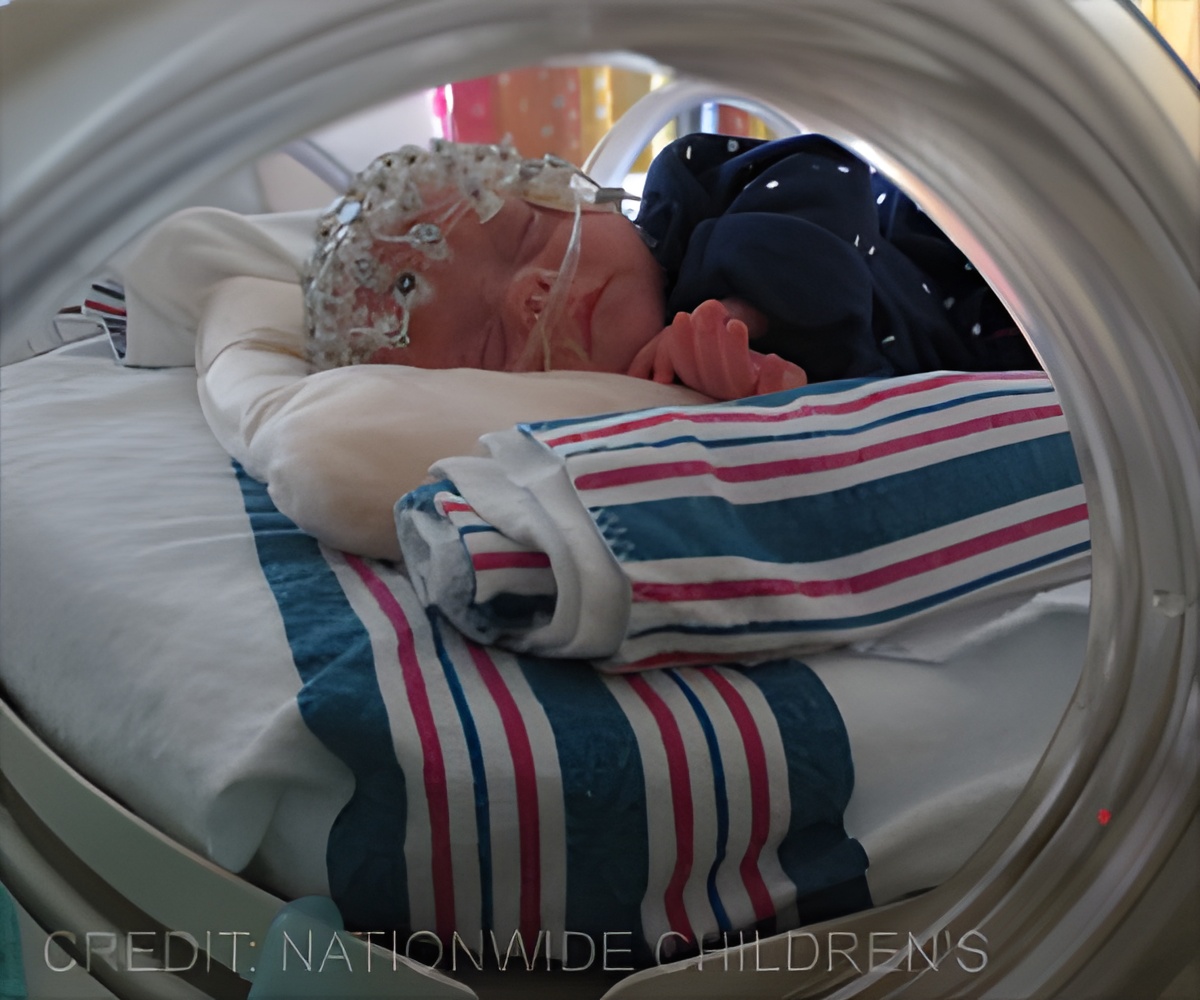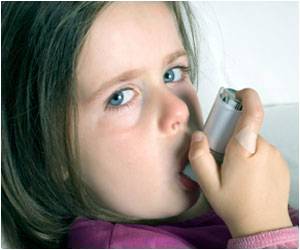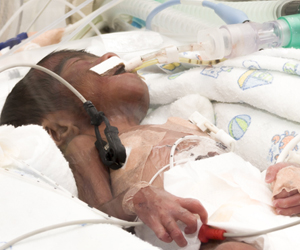
‘After the implementation of certain measures such as increased awareness of hand hygiene, mandatory education of staff around SA, and the implementation of parent skin cleansing before skin-to-skin care, the infection rate decreased from 59 to 20 just in the first year.’
Tweet it Now
Hospital staff hypothesized that the two events were connected and implemented a three-part intervention in the small-baby unit that effectively reduced SA infections, according to new research presented at the 45th Annual Conference of the Association for Professionals in Infection Control and Epidemiology (APIC).The three interventions introduced to curb SA infections were: increased awareness of hand hygiene, mandatory education of staff around SA, and the implementation of parent skin cleansing before skin-to-skin care.
In the first-year post-interventions, 20 babies in the small-baby unit developed SA infections, compared to 59 patients in the year prior. "We know that skin-to-skin care and meaningful touch are good for the baby, but the increase in infections showed how this type of caregiving could carry a risk," said Gwen Westerling, BSN, RN, CIC, the study's lead author and infection preventionist at Spectrum Health Helen DeVos Children's Hospital. "The results demonstrate that interventions even as simple as cleaning the skin before care can drastically improve infection rates."
Education about SA was also a critical component of this strategy. Following the intervention, 98 percent of staff surveyed knew of the requirements for parental skin cleansing. The mandatory staff education was conducted online. Leadership rounding reinforced the educational content and new cleaning requirements. In turn, nurses educated parents and family about the importance of cleansing before engaging in skin-to-skin care.
"Infection preventionists are uniquely attuned to the impact that process changes may have on the risk of infection," said 2018 APIC President Janet Haas, Ph.D., RN, CIC, FSHEA, FAPIC. "Increased education around hand hygiene and cleaning procedures may seem straightforward, but we see again and again that they are key components in the reduction of healthcare-associated infections."
Advertisement








